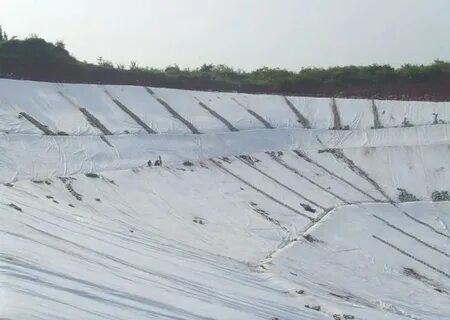The importance of auxiliary geotechnical materials
The importance of auxiliary geotechnical materials
In civil and construction engineering, the use of auxiliary geotechnical materials can enhance and stabilize the structure of infrastructure such as soil, stone, or water. Auxiliary geotechnical materials can increase the thickness of structural materials, strengthen smooth surfaces, improve the support and waterproofing performance of buildings. The following are some of the importance of auxiliary geotechnical materials:
Strengthening Soil structure: auxiliary geotechnical materials can increase the strength and stability of the soil, so that it can withstand higher weight and greater pressure.
Increase support: Auxiliary geotechnical materials can strengthen soil and stone structures, and enhance the stability of buildings and infrastructure by increasing support.
Improve waterproof performance: many auxiliary geotechnical materials have waterproof and anti-corrosion functions, which can protect infrastructure structures from water and chemical corrosion.
Improving the environment: Some auxiliary geotechnical materials can improve the permeability and drainage of the soil, thereby improving environmental conditions.
In short, the use of appropriate auxiliary geotechnical materials can increase the strength and stability of infrastructure, improve the waterproof performance of buildings, and improve environmental conditions.




